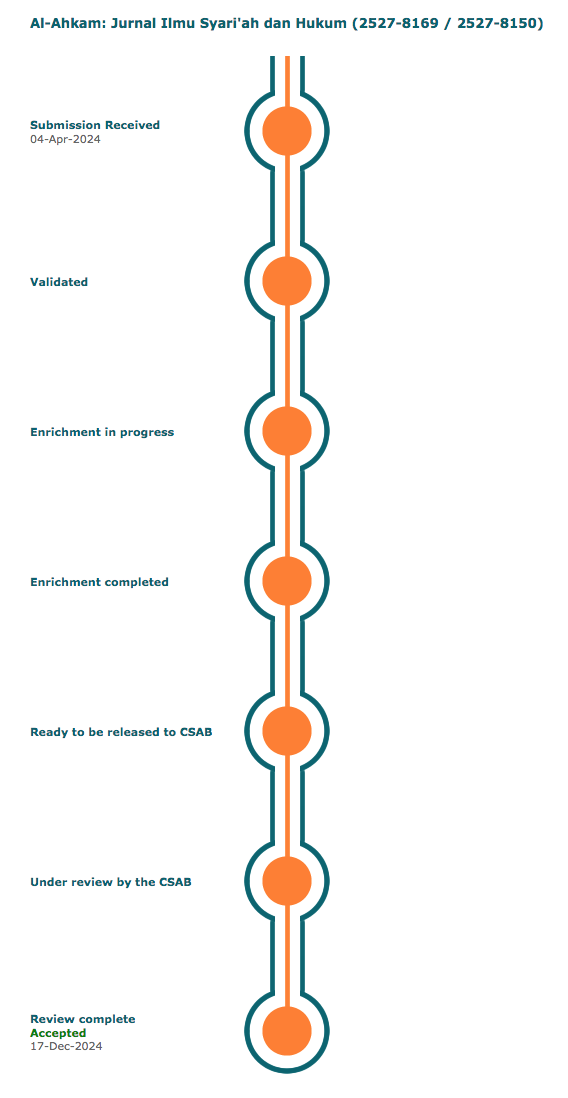Demanding Equal Inheritance Rights For Women: Tension Among Shari’a and Tunisia’s New Constitution 2014
Downloads
President Essebsi (2017) approved the law of gender equality in inheritance in Tunisia. Instead of gaining public appreciation of Islam, this achievement was seen as contrary to sharia. This research seeks to address whether or not there could be a common ground between applying sharia and gender equality through an examination of sharia regarding inheritance, and, finally, an attempt to show the relationship between sharia and the Tunisia’s constitution of 2014 in responding to social change. The paper argues that in spite of the constitution’s progressive language, women still face legal discrimination in their ability to inherit because of sharia.
Downloads
M. M. Charrad, “Stumbling Block: Inheritance and Women’s Rights in Tunisia,” Texas, 2021. doi: https://doi.org/10.25613/ST1T-RB75.
S. Hanafi and A. Tomeh, “Gender Equality in the Inheritance Debate in Tunisia and the Formation of Non-Authoritarian Reasoning,” J. Islam. Ethics, vol. 3, no. 1–2, pp. 207–232, Dec. 2019, doi: 10.1163/24685542-12340026.
K. A. Muzaki, A. S. Jahar, and M. A. Suma, “Reform of the Law of Inheritance in Turkey and Tunisia,” Al-’Adalah, vol. 17, no. 2, pp. 249–268, Feb. 2020, doi: 10.24042/ADALAH.V17I2.8031.
A. Salim, “The Constitutionalization of Shari’a in Muslim Societies: Comparing Indonesia, Tunisia and Egypt,” in The Sociology of Shari’a: Case Studies from around the World, B. S. Possamai, Adam; Richardson, James T.; Turner, Ed. New York: Springer, 2015.
Copyright (c) 2022 Budi Juliandi

This work is licensed under a Creative Commons Attribution-ShareAlike 4.0 International License.








